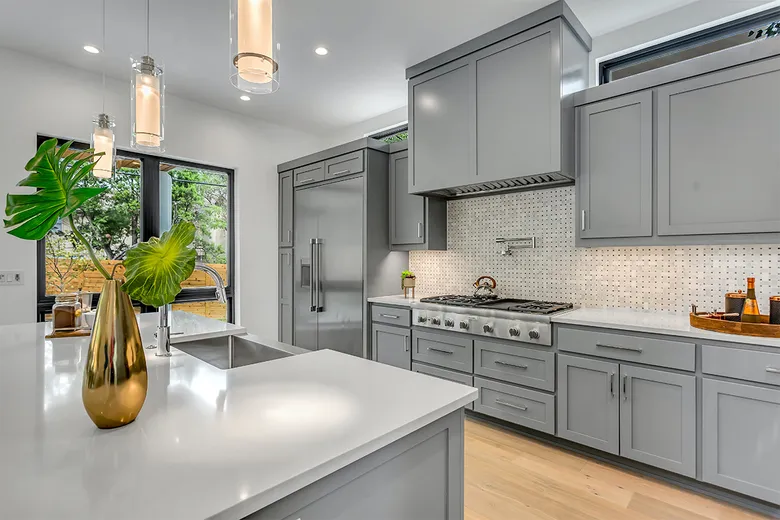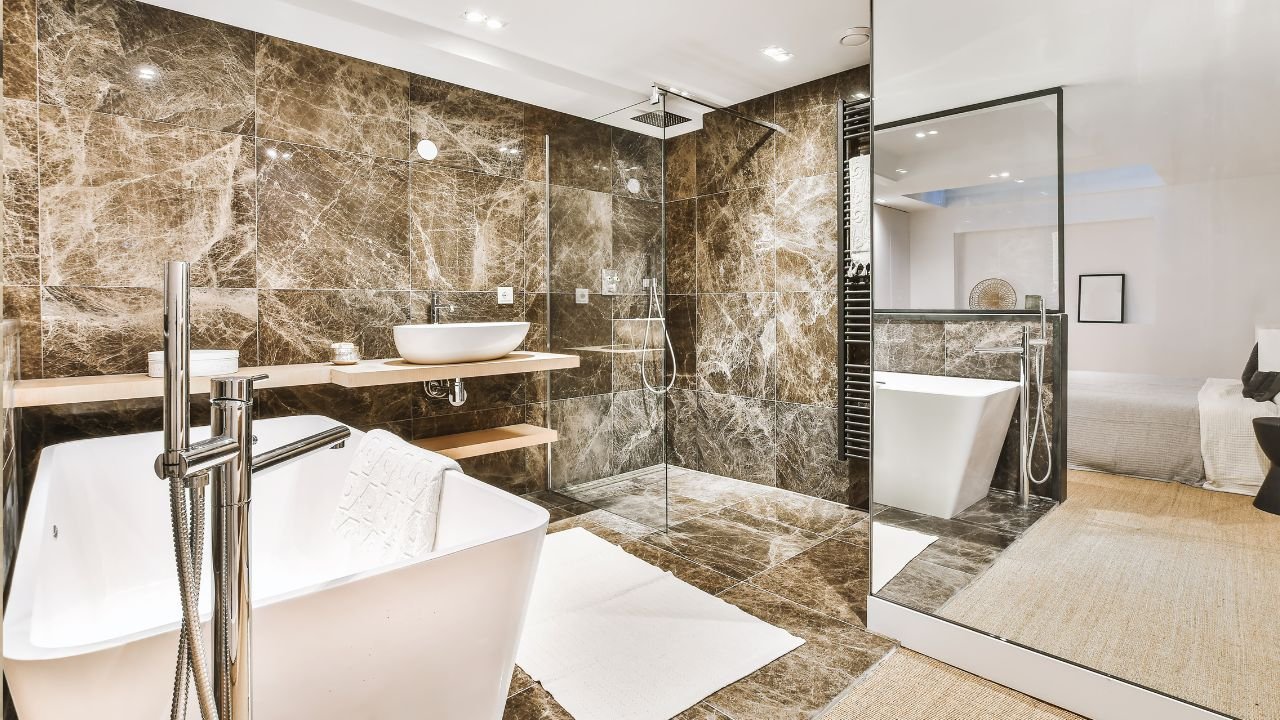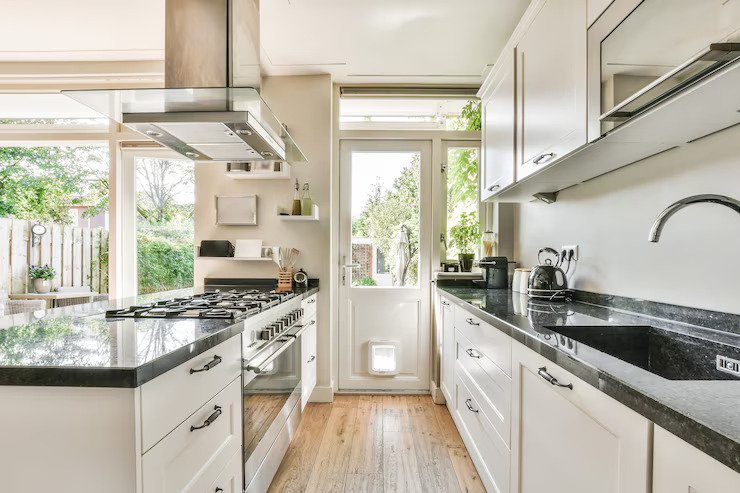Home remodeling is an exciting yet complex endeavor that many homeowners in Tacoma undertake to enhance their living spaces. Whether you’re updating your kitchen, expanding your living area, or adding a new bathroom, remodeling in Tacoma can significantly increase the value and comfort of your home. However, the process is fraught with challenges that can turn your dream project into a stressful ordeal if not handled properly. From the initial planning stages to the final touches, it’s crucial to approach your remodel with careful thought and preparation to avoid common pitfalls. In this article, we’ll discuss the top five home remodeling mistakes that homeowners in Tacoma should avoid, ensuring your project is both successful and satisfying.
Mistake 1: Skimping on the Planning Phase
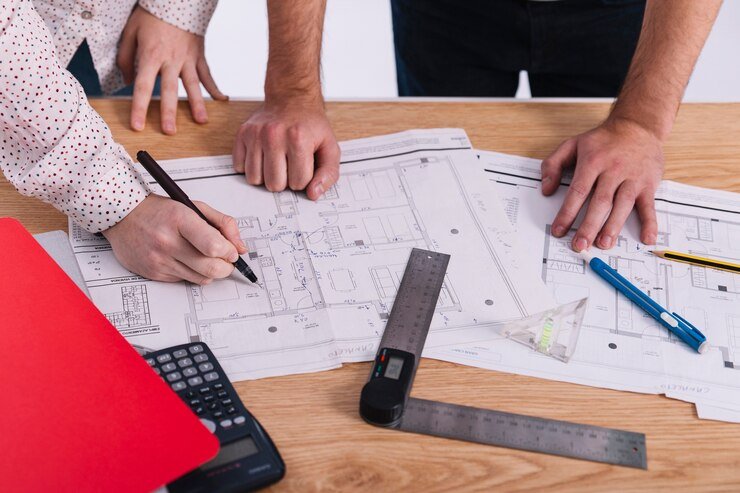
Mistake 2: Underestimating the Budget
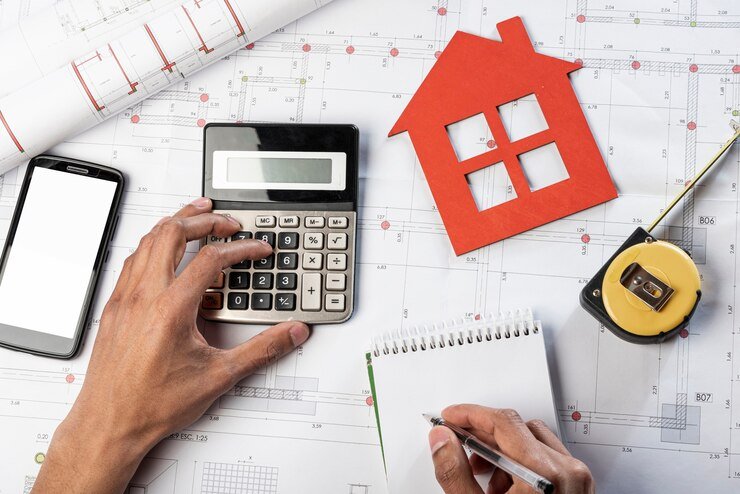
Mistake 3: Ignoring Building Codes and Permits

Mistake 4: Choosing the Wrong Contractor

Mistake 5: Overlooking Future Needs

Conclusion
Frequently Asked Questions
You'll typically need permits for structural changes, electrical work, plumbing, and certain types of renovations. It's important to check with Tacoma's local building department or consult with a home remodeling architect to ensure you're in compliance.
Start with a detailed budget, including a contingency fund for unexpected costs. Working with experienced contractors for home renovation can also help you avoid common budgeting pitfalls.
Look for experience, references, and a solid reputation. Ensure they have experience in custom home improvement and can deliver guaranteed home improvement results.
Research Tacoma's building codes or consult with a professional who is familiar with local regulations. Ensuring compliance from the start will help you avoid fines and delays.
Consider how your needs might change over time and design flexible, adaptable spaces. Working with a home improvement specialist can help you plan for the long term.
Hidden costs can include structural repairs, code upgrades, and unexpected issues like mold or asbestos. It's important to build a contingency into your budget to cover these surprises.
Focus on reliable home improvement projects that appeal to a broad range of buyers, such as updated kitchens and bathrooms, and avoid overly personalized features.


